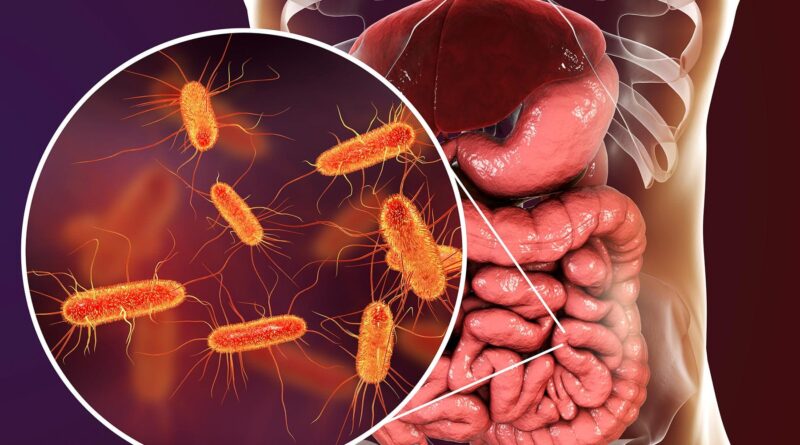Gut Bacteria May Fuel Prostate Cancer Treatment Resistance
[ad_1]
Oct. 15, 2021 — A mainstay of treatment for prostate cancer is to deprive it of androgens, the hormones that make it grow. The testes are the main source of these hormones, so treatment can consist of either surgical removal of these organs or use of drugs to block their hormone production.
Over time, some prostate cancers become resistant to these treatments and begin to expand again. As with many cancers that show these behaviors, finding exactly what makes them resistant can be tricky.
A culprit may be bacteria that live in the gut. Researchers found that in castrated mice and in people having androgen deprivation therapy, some of these gut bacteria start producing androgens that are easily taken into the bloodstream. According to these new findings,published in the journal Science, the androgens seem to support the growth of prostate cancer and its resistance to treatment.
This study is the first to show that bacteria can produce testosterone, although the investigators are not yet sure what triggers them to start doing that. Androgen deprivation treatment may also lead to more of these hormone-producing microbes in the gut, the results suggest. Fecal bacterial of people with treatment-resistant prostate cancer also showed a link to lower life expectancy.
Fecal transplants from mice with treatment-resistant prostate cancer could trigger resistance in animals with disease susceptible to these hormones. When these mice received fecal transplants from humans with resistant cancer, the effect was the same: a shift to treatment resistance.
But the converse also was true: Fecal transplants from mice or humans with hormone-susceptible cancer contributed to limiting tumor growth.
The findings may suggest new therapeutic targets: the microbes living in the gut. In mouse studies, the researchers found that when they wiped out these bacteria, the cancer was much slower to progress to treatment resistance. Authors of a commentary accompanying the study say there are other places to look for bacteria that might be making these hormones, too, including the urinary tract or even in the tumor itself.
[ad_2]
Source link



